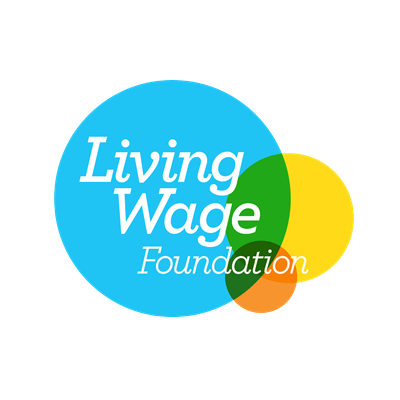Understanding Your Feelings and Emotions
Everyone experiences a wide range of emotions—sometimes it can be hard to understand what we’re feeling or why we feel a certain way. This page is here to help you, whether you’re a child, young person, or parent, to explore different feelings and challenges that may come up.
Whether you’re dealing with anxiety, sadness, or worries about relationships, understanding your emotions is the first step toward feeling better. Below, you’ll find information about common feelings and difficulties, as well as advice on how to get support. Remember, it’s okay to feel the way you do, and you don’t have to go through it alone. Help is always available, and taking the time to talk about how you feel is a positive and important step.
Anxiety

Anxiety is a feeling of worry or fear that can sometimes make your body feel tense. You might feel like your heart is racing, your stomach is upset, or your hands are shaking. It’s normal to feel anxious before things like exams or new experiences, but if anxiety starts to get in the way of everyday life, it’s important to talk to someone about how you’re feeling.
Depression/Low Mood

Depression is more than just feeling sad. It can make you feel like you have no energy or interest in things you used to enjoy. Sometimes, it can feel like there’s a heavy cloud following you around. You might not know why you feel this way, and that’s okay—what’s important is reaching out for support so you don’t have to go through it alone.
Emotional and Behavioural Difficulties

Sometimes, big emotions like anger, frustration, or sadness can be hard to handle. These feelings can lead to behaviour that causes problems at school, home, or with friends. You might feel like you’re out of control or that people don’t understand you. But these emotions are signals that something deeper is going on, and it’s important to talk to someone who can help you figure out what that is.
Obsessive-Compulsive Difficulties (OCD)
OCD can make your brain get stuck on certain thoughts (obsessions) or make you feel like you have to do things over and over (compulsions). For example, you might feel like you have to wash your hands many times or check that the door is locked again and again. These thoughts and actions can take up a lot of time and make life stressful, but there are ways to get help.
Phobias
A phobia is a very strong fear of something, like spiders, heights, or crowded spaces. Even though the thing you’re afraid of might not be dangerous, it can still cause a lot of stress. Phobias can make you want to avoid certain places or activities, but with the right help, you can learn to face these fears.
Self-Harm and Suicidal Ideation
Self-harm is when someone hurts themselves on purpose, like cutting or burning their skin. It’s often a way to try to cope with overwhelming feelings. Suicidal ideation is when someone thinks about ending their life. If you or someone you know is feeling this way, it’s really important to reach out for help—there are people who care and can offer support.
Bereavement and Loss

Losing someone close to you, like a family member or friend, can make you feel sad, angry, or confused. These feelings are normal, and everyone grieves differently. It’s okay to cry, talk about the person you’ve lost, or even feel numb at times. Grief takes time, and there’s no right or wrong way to feel.
Emotion-based School Avoidance

Emotionally Based School Avoidance occurs when children or young people experience long-term anxiety or stress related to school. This can stem from various factors, such as difficulty making
friends, confusing schoolwork, pressure to conform, or challenging relationships with teachers.
Self-Esteem and Body Image
Self-esteem is how you feel about yourself. When you have good self-esteem, you feel confident and believe in yourself. Body image is how you see your body when you look in the mirror. Sometimes, people can feel unhappy with how they look, which can affect their self-esteem. It’s important to remember that everyone is unique and beautiful in their own way, and feeling good about yourself starts on the inside.
Eating Difficulties
Eating difficulties can mean having trouble with food in different ways. This could be eating too much, too little, or feeling stressed about food and weight. Sometimes, these difficulties are linked to deeper feelings of stress, anxiety, or low self-esteem. If you’re struggling with eating, talking to someone who understands can help you find balance and feel better.





